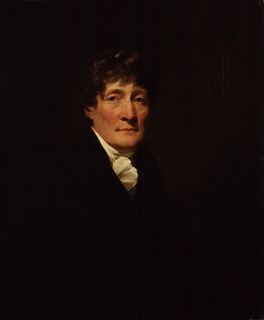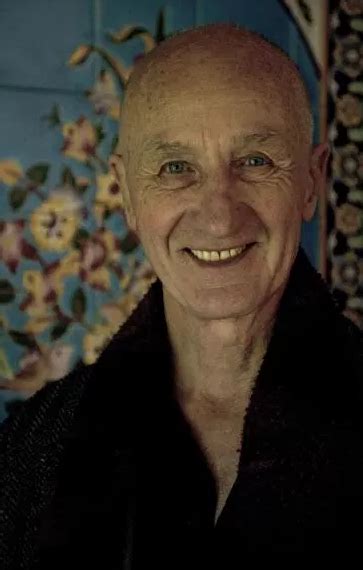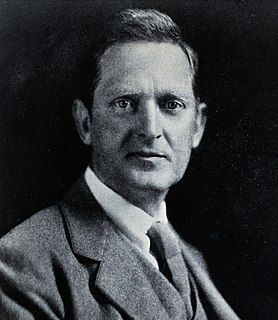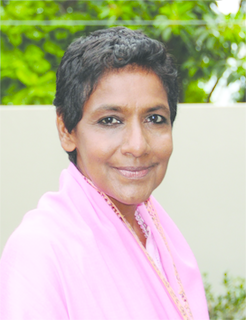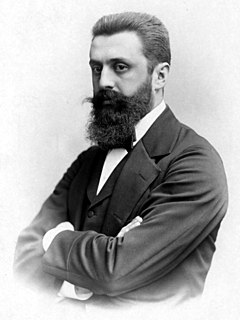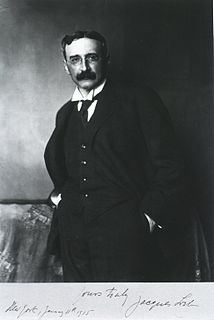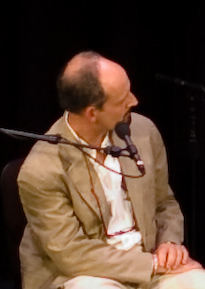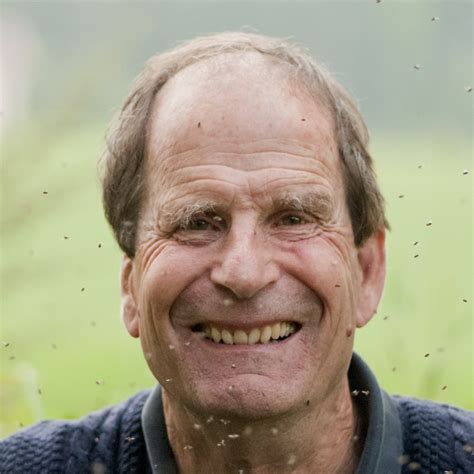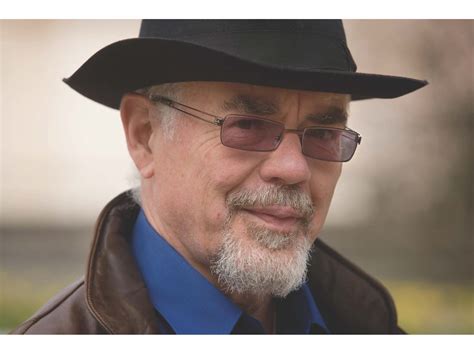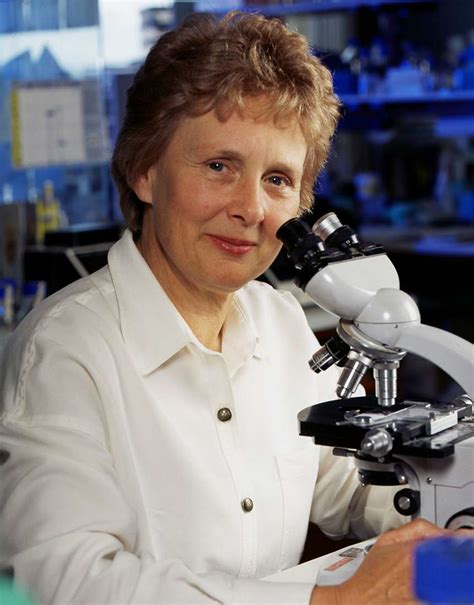A Quote by Rachel Carson
Only yesterday mankind lived in fear of the scourges of smallpox, cholera and plague that once swept nations before them. Now our major concern is no longer with the disease organisms that once were omnipresent; sanitation, better living conditions, and new drugs have given us a high degree of control over infectious disease. Today we are concerned with a different kind of hazard that lurks in our environment-a hazard we ourselves have introduced into our world as our modern way of life has evolved.
Quote Topics
Before
Better
Cholera
Concern
Concerned
Conditions
Control
Degree
Different
Different Kind
Disease
Environment
Evolved
Fear
Given
Hazard
High
Infectious
Introduced
Kind
Life
Lived
Living
Living Conditions
Longer
Major
Mankind
Modern
Nations
New
Now
Omnipresent
Once
Only
Organisms
Our
Our Environment
Our World
Ourselves
Over
Plague
Sanitation
Smallpox
Swept
Them
Today
Us
Way
Were
World
Yesterday
Related Quotes
Bold ideas, unjustified anticipations, and speculative thought, are our only means for interpreting nature: our only organon, our only instrument, for grasping her. And we must hazard them to win our prize. Those among us who are unwilling to expose their ideas to the hazard of refutation do not take part in the scientific game.
In today's world it is deceptively easy to lose sight of our direction and the things that matter and give us joy. How quickly the days can slip by, the years all gone, and we, at the end of our lives, mourning the life we dreamed of but never lived. Poetry urges us to stand once and for all, and now, in the heart of our own life.
Evolutionary biologists often appeal to parsimony when they seek to explain why organisms "match" with respect to a given trait. For example, why do almost all the organisms that are alive today on our planet use the same genetic code? If they share a common ancestor, the code could have evolved just once and then been inherited from the most recent common ancestor that present organisms share. On the other hand, if organisms in different species share no common ancestors, the code must have evolved repeatedly.
Infectious disease is one of the few genuine adventures left in the world. The dragons are all dead and the lance grows rusty in the chimney corner. ... About the only sporting proposition that remains unimpaired by the relentless domestication of a once free-living human species is the war against those ferocious little fellow creatures, which lurk in dark corners and stalk us in the bodies of rats, mice and all kinds of domestic animals; which fly and crawl with the insects, and waylay us in our food and drink and even in our love
We're in essence allowing our spirit to come to terms with all the conflicts that we build within ourselves. Disease is after all a conflict within the tissue itself. Memory fading within the tissue, conflict of our actions or thoughts, our lives are not seamlessly running together in some way for ourselves, and had not been for a long time before we get to the critical point of a disease.
Today, we're taking a break from the concerns and the bustle of the work-a-day world. But we're also making a new beginning. As we gather around our dining room tables for the midday meal, let us thank God for life and the blessings He's put before us. High among them are our families, our freedom, and the opportunities of a new year.
By immersing ourselves with our consciousness in a supersensible world, we now learn a new kind of thinking, a new life of mental pictures, one that is not dependent on the nervous system in the way ordinary thinking is. We know that previously we have had to make use of our nervous system, but now we no longer need our brain.
Once upon a time our traditional goal in war and can anyone doubt that we are at war? - was victory. Once upon a time we were proud of our strength, our military power. Now we seem ashamed of it. Once upon a time the rest of the world looked to us for leadership. Now they look to us for a quick handout and a fence-straddling international posture.



